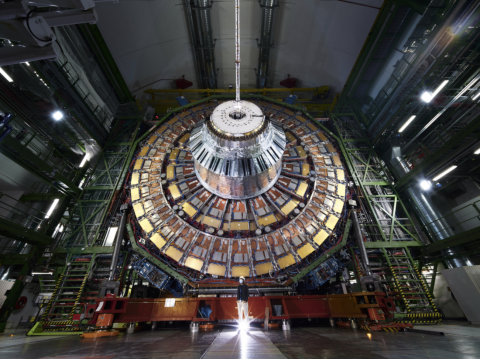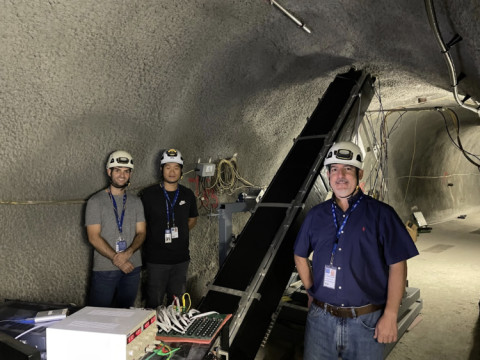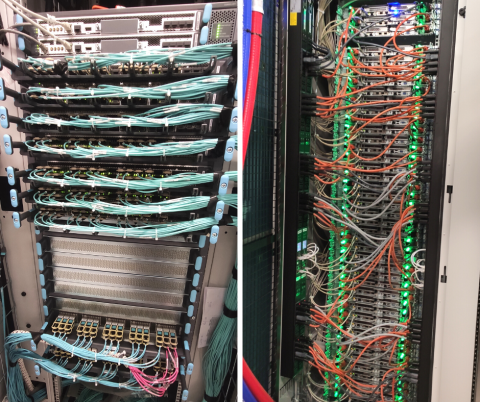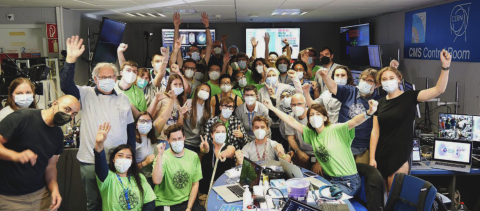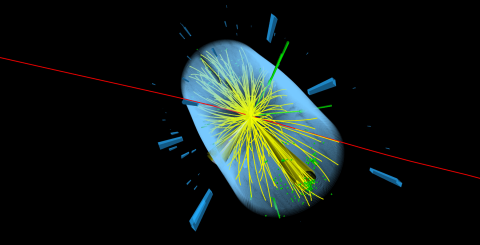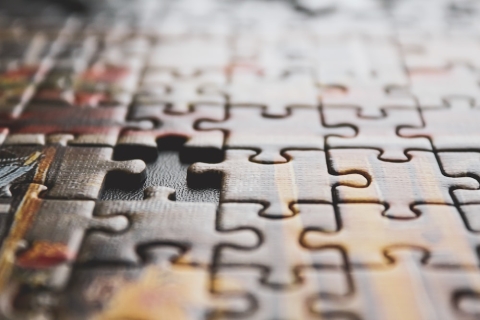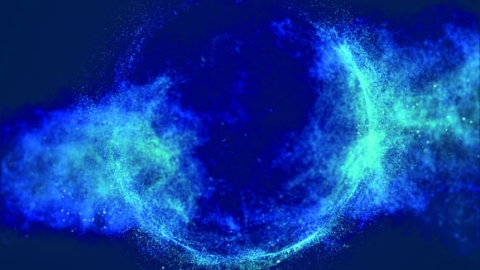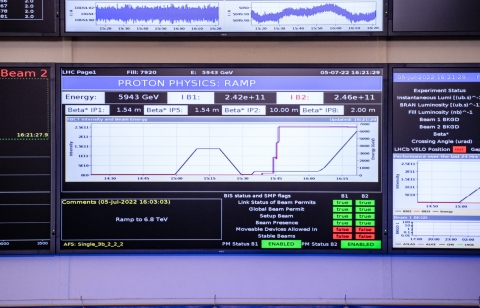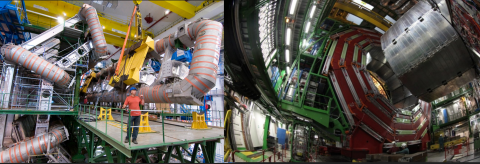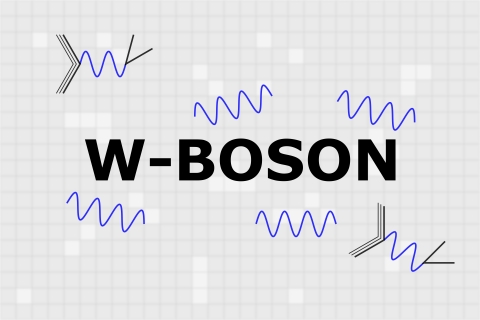CMS
Testing silicon sensors for the CMS Endcap Calorimeter Upgrade
Introduction The upcoming upgrade of the LHC to the HL-LHC will pose significant challenges to the detectors due to the enhanced radiation levels and the increase in the number of pile-up interactions. To meet the increased demands, CMS has…
Read moreMILLIQAN gets ready to have a look at the dark
The milliQan collaboration is on track to finish the installation and commissioning of their Run 3 detector before the end of the YETS, Components of both the “bar” and “slab” detectors have been placed in a tunnel above the CMS experimental cavern…
Read moreThe Phase-2 Upgrade of the CMS Data Acquisition system
Even though Run-3 data taking has only just started, the preparations for the next phase of the LHC physics programme are well under way. Just like the LHC, during LS3 many of the LHC experiments will receive significant upgrades. In order to…
Read moreCMS sails to explore new undiscovered territories
Run 3 started on July 5, 2022, and paused with the shutdown of the machine on Monday, November 28 at 6 a.m. CMS recorded an integrated luminosity of nearly 40/fb (see Fig. 1, making for a particularly fruitful startup run. Figure 1: Luminosity…
Read moreFrom Despair to Discovery
The Ultimate Higgs Discovery Machine: The excitement amongst particle physicists around the world was palpable when the LHC, a proton accelerator twenty years in the making, started its commissioning phase on 10th September 2008. With 7 TeV protons…
Read moreSolving New Puzzles with the Higgs Boson
… to make an end is to make a beginning. The end is where we start from. T.S. Eliot, Little Gidding You might think that particle physics has accomplished its goals with the discovery of the last piece of the Standard Model jigsaw puzzle, the…
Read moreATLAS and CMS experiments looking forward to Run 3
On the 4th of July of 2022 we celebrated the 10th anniversary of the end of decades-long search for an experimental confirmation of the BEH mechanism, and the start of a new era. With the discovery of the Higgs boson, the last unknown fundamental…
Read moreLHC experiments restart
The LHC restarted this summer, after a period of upgrades (LS2) and is gearing up to probe new realms of physics during a third run, which will be its most powerful yet. Run 3 of the LHC will feature higher-energy particle beams and higher collision…
Read moreStart up of the ATLAS and CMS magnets
LS2 works and commissioning of the ATLAS Superconducting Magnets In the last few years, the ATLAS superconducting magnets and associated systems have received extensive maintenance and upgrades. Following this, the magnets have recently been…
Read moreWhat is the W boson mass trying to tell us?
Introduction In April this year the CDF collaboration shocked the particle physics world with a new measurement of the mass of the W boson particle [1], with a precision better than all previous results combined, and a value of the W mass higher…
Read more
